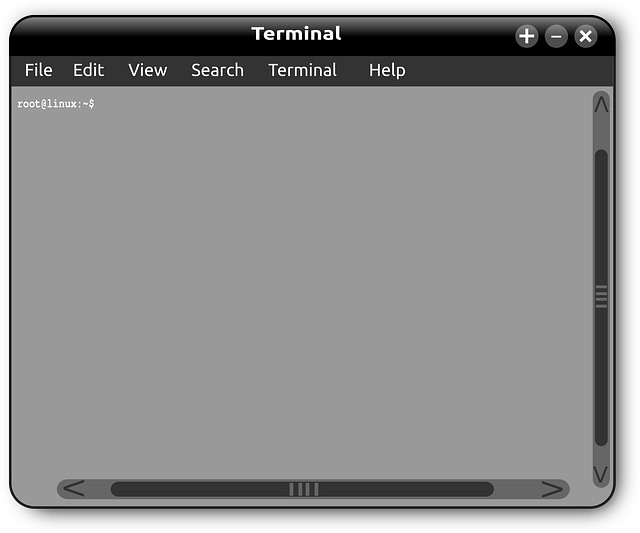“Translating your Password Security Game: How to Upgrade from MD5 to the Stronger SHA-512 Algorithm”
In today’s digital landscape, password security reigns supreme and Arch Linux users are now equipped with the ultimate level of protection thanks to the default SHA-512 algorithm. But don’t sleep on lingering systems still using the vulnerable MD5 algorithm. It’s time to amp up your security game by transitioning to the more secure SHA-512 or any of its siblings in the SHA-2 family. Let’s uncover the process and equip ourselves with the necessary steps to safeguard our digital presence.
The Encryption Shift: From MD5 to SHA-512
It’s all about staying ahead of the game and luckily, the transition to SHA-512 is effortless. All you need to do is simply modify your passwords through the ‘passwd’ command. To amplify your key strengthening, utilize the ’rounds’ option which delays the attacker’s progress by increasing the number of hashes required to crack your password. The default value for ’rounds’ can be found in /etc/login.defs and once the encryption settings have been altered, it’s important to reset all user passwords for re-hashing.
OpenSSL and the Power of SHA-512
For those in dire need of top-notch security, OpenSSL has got your back with its versatile ‘openssl passwd’ command-line utility. You have the power to select from an array of algorithms, including MD5, AIX MD5, and the highly trusted SHA256/SHA512. Developed by Ulrich Drepper, these SHA256/SHA512-based algorithms offer superior password protection with the ability to specify the salt, input file, and other options for computation. With the ever-increasing threats to password security, making the switch to SHA-512 over MD5 is a wise decision for its advanced cryptographic properties.
The SHA-512 Hashes and FileZilla’s Nightly Builds
In a world where file integrity is crucial, the SHA-512 hash function plays a pivotal role. Special shoutout to FileZilla for going the extra mile in ensuring password security with its nightly builds of FileZilla Client and Server, complete with their respective SHA-512 hashes. These hashes serve as a digital fingerprint, giving users peace of mind and validation of their downloads. By embracing the more secure SHA-512 algorithm rather than the vulnerable MD5, FileZilla solidifies its software security and reinforces user password protection.
The Clock is Ticking: Make the Switch to SHA-512
As we countdown to 02:37:18 on February 11, 2024, password security remains a hot topic in the digital sphere. Lucky for us, Arch Linux users have the upper hand with the know-how of transitioning from outdated MD5 to the robust SHA-512. Whether it’s leveraging the power of OpenSSL or verifying the integrity of FileZilla’s nightly builds, the SHA-512 hash function stands tall as a beacon of hope amidst the constant cyber threats. With technology constantly evolving, it’s no longer an option but a necessity to fully understand and implement secure password practices. Stay ahead of the game and upgrade to SHA-512 – your digital presence will thank you.





























+ There are no comments
Add yours